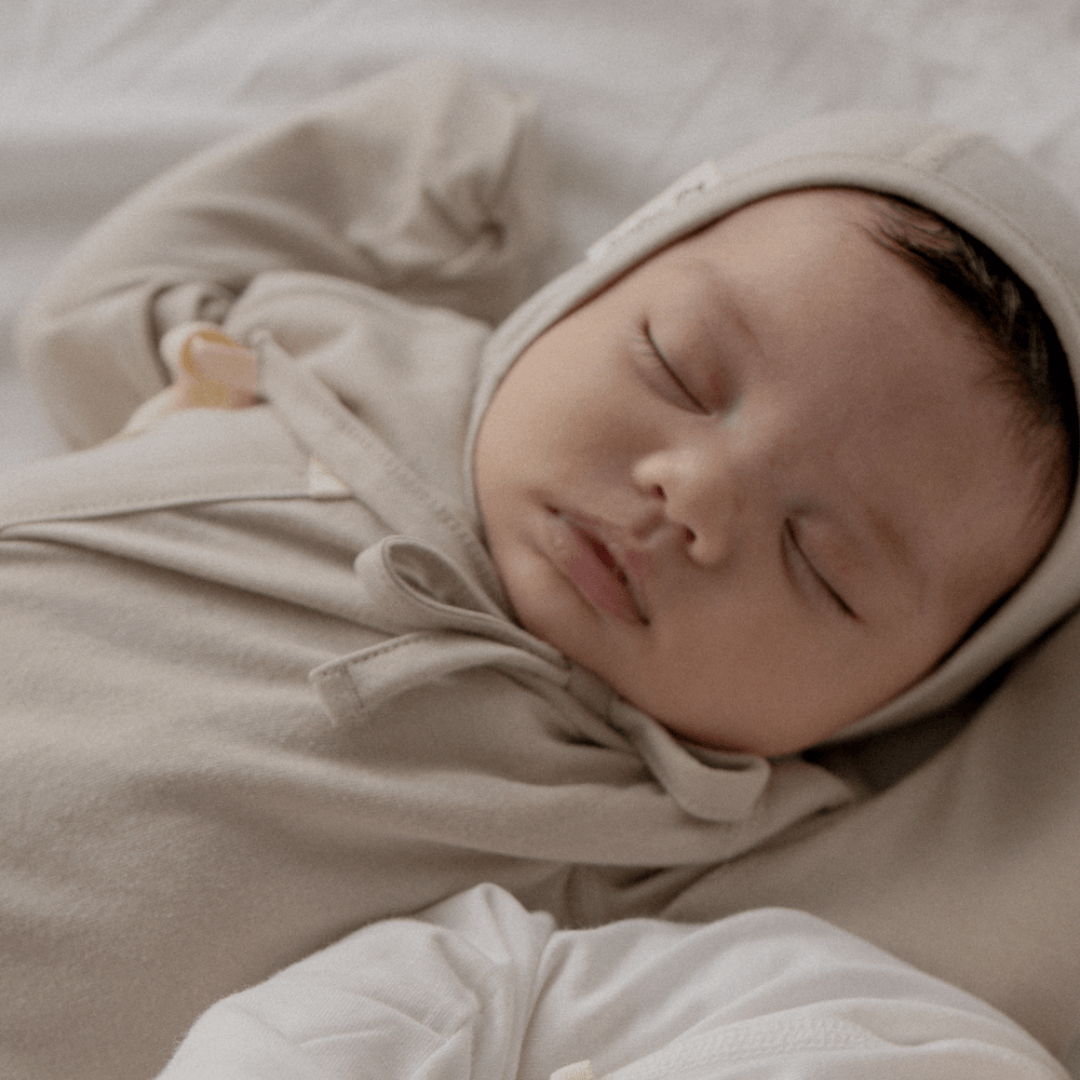What should the height and weight of a baby aged 4 to 5 months be? Let's check the status of your child's development together!
Standard Values for the Development of a 4-month-old Baby

(Refers to the 2017 growth chart for children and adolescents.)
Median Boys
- Weight: 7.0kg
- Height: 63.9cm
Median Girls
- Weight: 6.4kg
- Height: 62.1cm
|
|
Height (cm)/ Weight Percentile |
||||||
|
5th |
15th |
25th |
50th |
75th |
85th |
95th |
|
|
4 Months Left |
60.5cm |
61.7 cm |
62.5cm |
63.9cm |
65.3cm |
66.0cm |
67.3cm |
|
5.8 kg |
6.2 kg |
6.5 kg |
7.0 kg |
7.6 kg |
7.9 kg |
8.4 kg |
|
|
4 Months Girl |
58.5cm |
59.8cm |
60.6cm |
62.1cm |
63.5cm |
64.3cm |
65.7 cm |
|
5.2 kg |
5.6 kg |
5.9 kg |
6.4 kg |
7.0 kg |
7.3kg |
7.9 kg |
|
Your baby's weight more than doubles from what it was at birth to this age. Of course, the physical development status of each baby may be slightly different, so don't worry too much about your baby’s weight or height being slightly different from their peers, as long as there is not a significant change in their weight and height over time or they are in extreme percentile/have jumped percentiles significantly over time. Consult with a specialist if you are concerned.
Physical Development
By this time, most babies will have full control of their necks. They can observe the world by lifting their head 90 degrees, even with their body on the ground. If they do not try to hold their neck up at all even at the end of 4 months, a professional examination is absolutely necessary. Lifting the neck is one of the important indicators that a child's muscle development and nerve development are occurring normally.
By the end of 4 months, children will be able to fine-tune their hand movements more granularly than in the past.
Language Development
Babies start babbling. Even if it's an 'ahah' level of vocalization, it's like they are singing a song and distinguishing the pitch. About 50% of babies can speak a combination of consonants and vowels, with words such as 'Agu'. Of course, there are babies who rarely babble because language development varies from child to child.

Emotional Development
This is the time when your baby's curiosity is at its peak. They can understand the mood of their parents (though not perfectly), and they can get very anxious when they see the guardians fighting. If someone yells at their baby loudly, they may start to cry when they realise that they have heard something bad. You can observe how the expression of emotions becomes more subdivided and diverse.
Cognitive Development
It is said that the period from birth to 4 months belongs to the second stage of Piaget's cognitive development. This period is called the 'primary cycle reactor'. To put it simply, we can talk about repetitive actions such as sucking a finger. At this age, children show great interest in their bodies and enjoy playing games such as washing hands, holding hands, and holding feet. It's a natural phenomenon, so don't worry too much if your child sucks their hands a lot.
Social Development
This shows how the child really smiles. It is also the time when the child becomes very cute. However, their mood is capricious, and even after playing well, they may suddenly throw toys and start crying.
---------------------------------------------------
Author: Lee Ji-hyun
- A Secondary School Level 2 Teacher Certificate
- As a real mother of a child, she ponders specific parenting tips between reality and theory. She has worked as an educational civic activist and freelance journalist.







